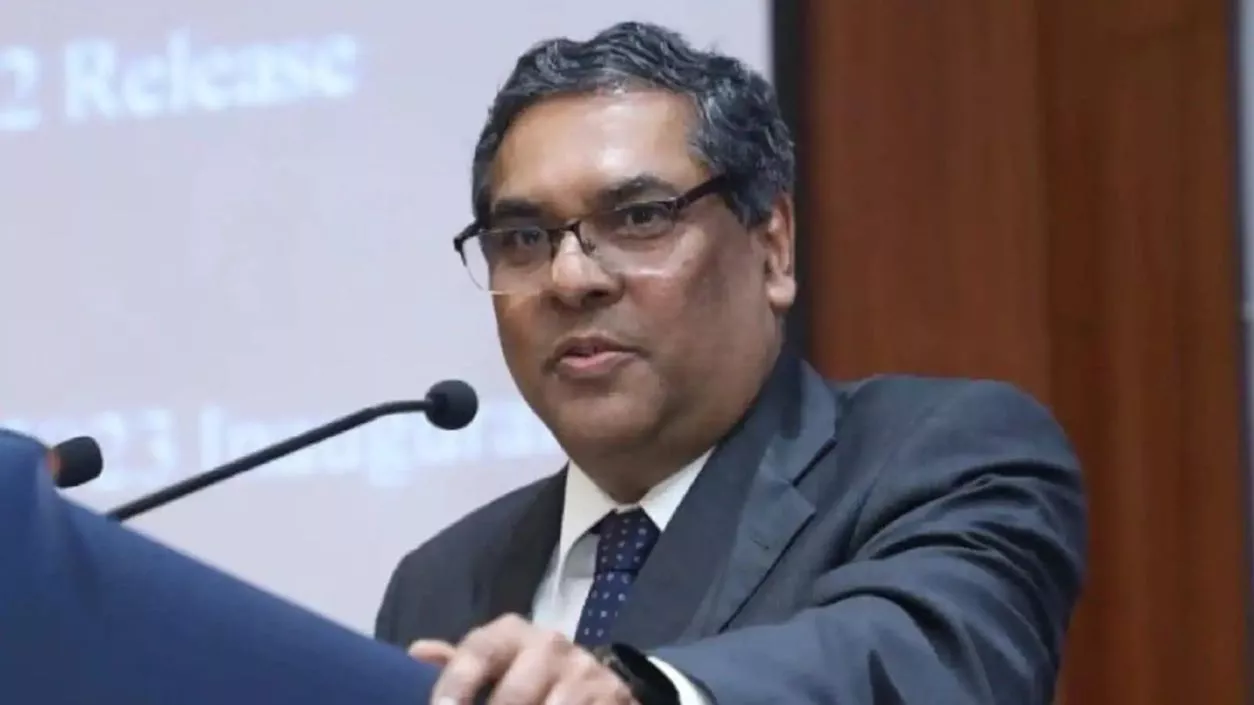.gif)
.gif)

On his second day in office, Chief Justice of India (CJI) Sanjiv Khanna introduced a major change in the Supreme Court's procedure for handling urgent matters. In an effort to streamline the judicial process, CJI Khanna announced that oral mentions for urgent listings will no longer be accepted. Instead, lawyers seeking an out-of-turn hearing must submit written requests through emails or physical letters. These written submissions must clearly explain the reasons for the urgency, marking a significant shift away from the long-standing practice of lawyers verbally mentioning cases before the CJI-led bench at the beginning of daily hearings.
Previously, oral mentions allowed lawyers to request immediate hearings for urgent matters, such as those involving arrests, police actions, or time-sensitive legal disputes. The shift to written submissions will now require lawyers to provide detailed explanations for the urgency of their cases. By implementing this change, CJI Khanna aims to introduce a more formal and transparent process for the urgent listing of cases, ensuring better case management and reducing the possibility of undue influence in urgent hearings.
Justice Khanna’s decision aligns with his broader vision for judicial reforms. In his first address after being sworn in as the 51st CJI, he emphasized that the judiciary's role is to guarantee easy and equal access to justice for all citizens, regardless of their status or wealth. “The judiciary is an integral part of governance, and it is our constitutional duty to ensure equal treatment for all, with fair opportunities to succeed in the legal system,” he stated. He further clarified that the justice system should focus on protecting fundamental rights, providing a fair hearing, and ensuring unbiased adjudication.
Justice Khanna’s swearing-in ceremony, which took place at Rashtrapati Bhavan on November 11, 2024, saw him take over from former CJI DY Chandrachud. In his remarks, the newly appointed CJI spoke of the judiciary as a protector of citizens' rights and the constitutional guardian of fundamental freedoms. He also acknowledged the challenges facing the Indian judiciary, such as the high volume of pending cases, the need for more affordable litigation, and the complexity of legal procedures. He vowed to prioritize reducing the case backlog and simplifying legal processes to ensure that justice is accessible to all.
In addition to addressing these concerns, CJI Khanna laid out a comprehensive agenda for judicial reforms, focusing on improving the court's responsiveness and efficiency. He stressed the importance of adopting a self-evaluative approach to the functioning of the Supreme Court, one that is receptive to feedback and focused on continuous improvement. Making judgments more comprehensible for the general public and promoting mediation as an alternative dispute resolution mechanism are among his top priorities. The CJI also mentioned the need for faster resolution of criminal cases by reducing trial durations and ensuring that legal procedures are not burdensome for citizens.